Learning What I Thought I Knew
The scary thing about learning new things is that you might come to realize you are wrong, hypocritical, or unwise (among other not-so-great adjectives). The wonderful, amazing, transformative thing about learning new things is that you might grow in truth, sincerity, and wisdom.
I am skeptical that learning without change is meaningful. As a “line in the sand” declaration, I hold that true learning requires transformation:
- Transformation in the connections between the billions of neurons in our brain, as new pathways and possibilities are formed and made permanent.
- Transformation in our behavior, as new habits and ways of being are stabilized.
- Transformation in our relationships, as the relational systems in which we are embedded adjust to these new patterns.
- And, if we are fortunate, transformation in our culture, as the effects of the relational systems take root systemically and within the cultural ecosystem.
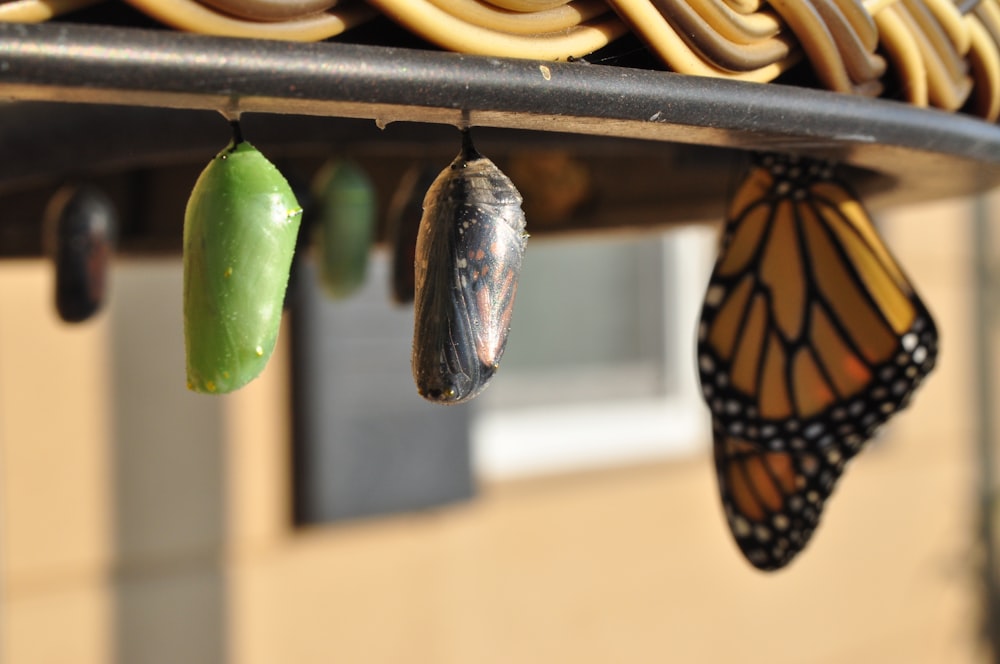
I think this applies broadly, even when I learn something that might not, on its own, be directly connected to character or culture transformation. When I learn content, say about the organization of the periodic table of elements, I must practice humility, the recognition that I don’t know something. This practice is part of the learning and is thus part of the transformation. (We practice other character dispositions during learning, too. Some people refer to these as intellectual virtues, which also means there are intellectual vices.)
And now a confession: I’ve been learning.
In my case, I’ve been wrong, hypocritical, and unwise, and as I learn, I am growing in truth, sincerity, and wisdom. I want to share a bit about this learning in case it might be helpful for your own learning, too.
“Real and meaningful change also can become possible if we actually have the opportunity to experience new possibilities in our homes, our workplaces, and in our communities.” – Dr. Song (p. 14)
I’ve been reading through Dr. Felicia Wu Song’s excellent book, Restless Devices: Recovering Personhood, Presence, and Place in the Digital Age. Song is a cultural sociologist at Westmont College whose research and expertise examines media and digital technologies. Although much of my research has focused on how we develop beliefs about science and religion – and the way we conceptualize the relationship between the two – my master’s thesis explored how preschool-aged children learned from different forms of media: books or videos with either cartoon characters or realistic characters1. I mention this because I still follow some of the emerging literature around media use and consumption, something I often approach now from the perspective of cognitive psychology, attention, and multitasking.
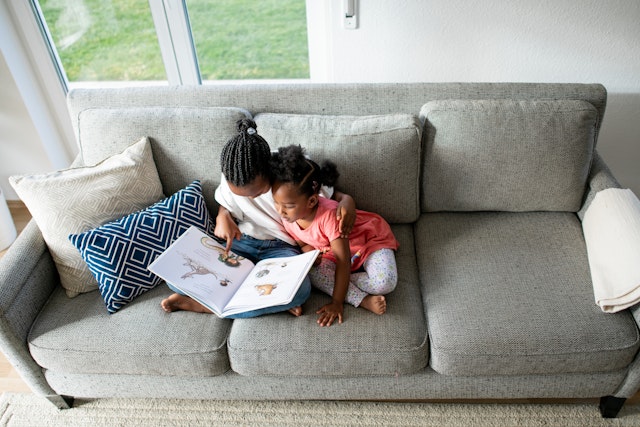
As someone who knows much of the research in this area, the research that Song shared did not surprise me. I know that a typical person checks their phone, often mindlessly, hundreds of times in a day, while at the same time estimating their phone use to be half of the 6 hours that was typical in 2015 (p. 39, 161). I also know that internet and media companies have made excellent use of brain science to suck us in and monopolize our attention such that we find it hard to climb out of the digital vortex (ch. 2). And I know that the internet, especially social media, can pre-occupy us with broadcasting the present moment, rather than truly being in it, such that we merely manage through the present moment in wait of the next hit of dopamine and broadcast-worthy event (p. 71-84). In my arrogance, I thought I know this stuff, but, boy, my students should read this.
Then it hit me: it’s me. She’s talking to and about me.

Despite my efforts to avoid multitasking (something I make sure to extol my students to do as well), her questions around monotasking (p. 139-142) reveal something I do poorly. Instead of being present, I consistently do multiple mindless tasks simultaneously, rarely allowing myself the space to hear or experience my own thoughts or boredom. Despite my own research and published work touching on the value to brain health and behavior of creating phone-free spaces (say, while waiting in line at the grocery store), I realized that my free moments were all filled by my phone. And then I realized that some moments that were not free – like when I’m talking with my husband at the end of the day or giving my child a bath – those moments were also filled by my phone. This matters because of the role of practice in formation, as I discuss in this blog, and that Song eloquently expands in her text.
Initially this hit me like a weight. Then I remembered the words of Jesus, my yoke is easy, and my burden is light.

One of the first things I did was remove social media from my phone. I was already social media “light” by many standards, but an honest reflection of when, why, and how frequently I scrolled….and scrolled….and scrolled made me realize that I wasn’t using social media; it was using me. Next, I removed my email app from my home screen. I hate responding to email on my phone (texting thumb is a real thing, y’all), but I found that I would check it each morning (to stress about what was waiting for me at work) and each night (to stress about what I wasn’t able to take care of while putting my children to bed) and in the moments in between (“what if someone needs me?!”). As Song puts it, this consistent devotion to be present with a thing is what abiding looks like (p. 168-171). As a Christian, I want to abide in Jesus, not my phone. Third, I committed to not using my phone as a distraction from what might be boring or awkward social interactions. Walking across campus. Waiting in line. In the time before a class starts. Maybe, instead of burying myself in a digital world, I can be fully present in and attentive to the real world around me.
I’m a work in progress, but that easy yoke? It applies to my digital life, too. And since starting these changes, I feel better. More whole. Less fractured. More present. Less anxious. I don’t promise this as a panacea, but I will tell you I am learning.
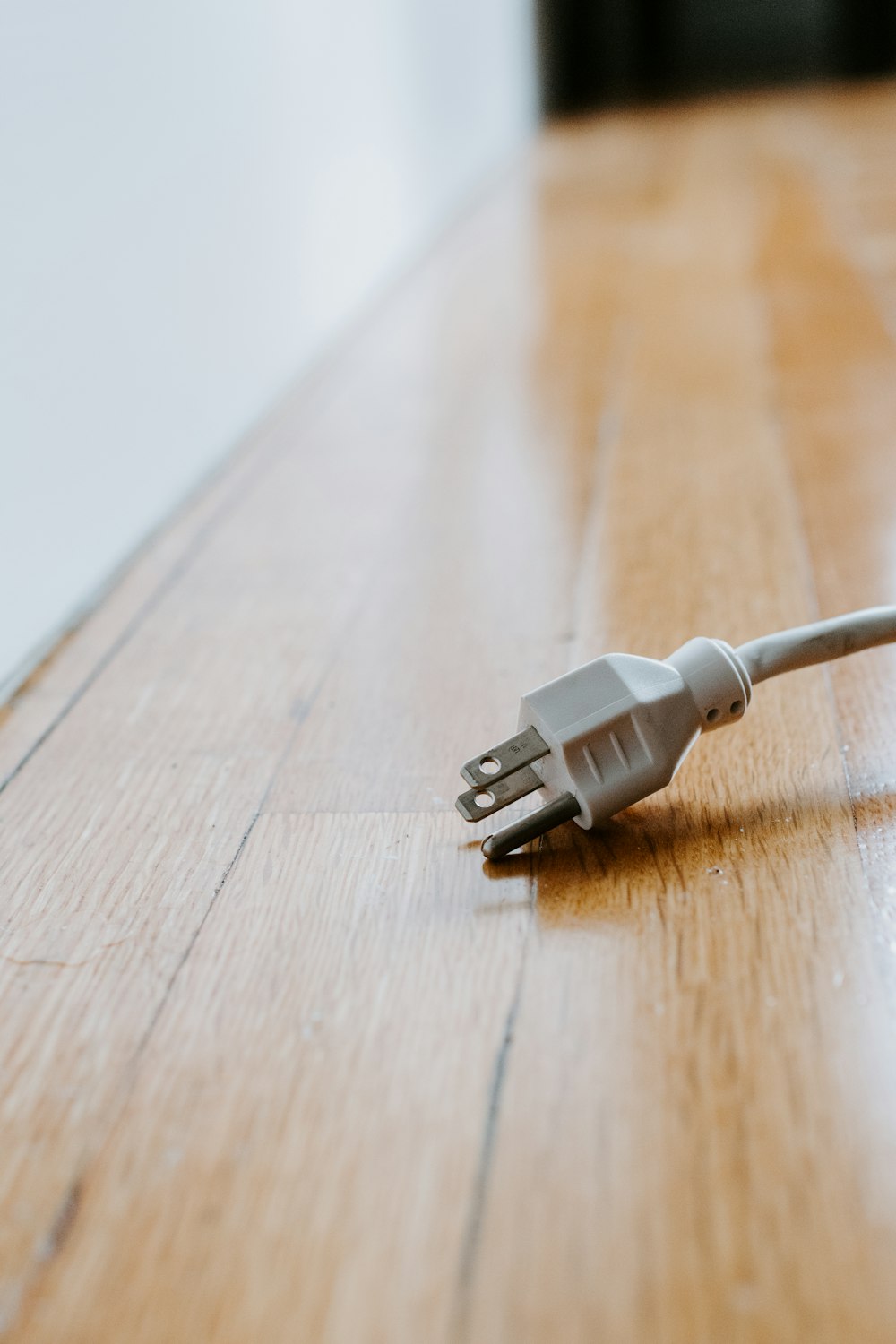
Song’s argument is predicated on the idea that when we understand the kinds of creatures we are – this includes what it means to be a person made in the image of God – we will think differently about our digital habits. God made us to be free. I have been learning that the small things I do daily can form and malform me in ways that make me want to think twice about when I pick up my phone. In fact, you might see me wearing a bracelet with the engraving small things daily2 as a reminder that what I practice directs my becoming, an idea Song aptly introduces as liturgy3 (p. 126-128). This small things daily phrase directs me to Romans 12 as an outline of what I want my life to look like. This phrase prompts me to ask: If I were to do this (small) thing every day – practicing it for permanence – what kind of person would I be in 5 years? I have to say that this phone-checking-every-minute-without-thinking person is not who I want to be. I am also not sure whether that person can be someone who would fit into a Romans 12 description. Like Paul urges, I want to be transformed with a renewed mind, using sober judgment, participating fully in the Body of Christ, loving sincerely, actively, and joyfully. I want to be attentive enough to bless and rejoice and mourn and live with others harmoniously and for God’s glory. For me, this pursuit requires a new way to live alongside digital technology.
Toward this, and with God’s grace, I am learning.
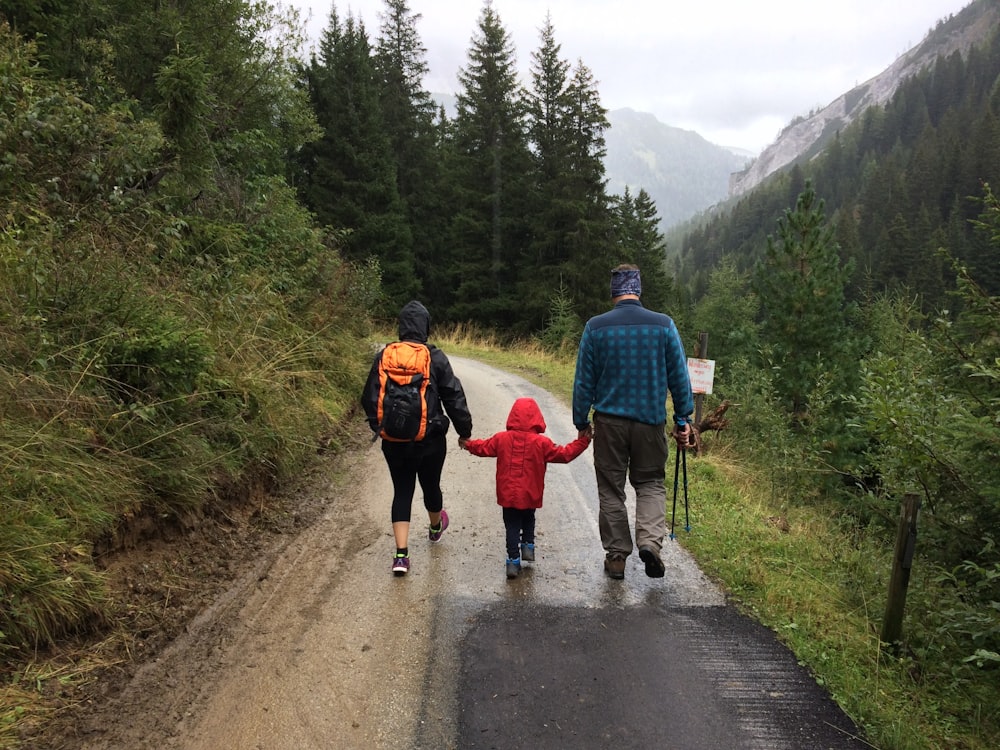
Although this blog isn’t meant to convince you that you should toss your phone (though maybe you should?), I hope it will get you thinking about your digital habits related to your formation. I would love to hear your reflections, and I hope you will share them below.
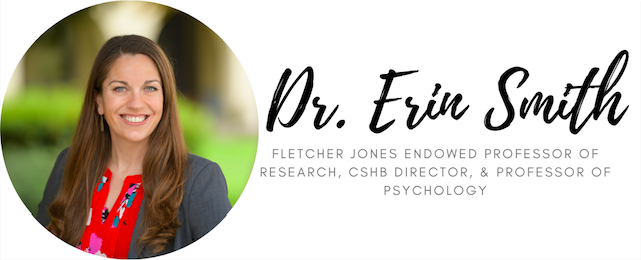
Footnote :
- For the research methods student among us, this was a 2 (book v. video) x 2 (cartoon v. realistic character) factorial design. A summary of the results of this research is as follows: Preschool-aged children learned specific kinds of physical problem-solving strategies best from realistic characters on video although, consistent with other research on analogical reasoning, the transfer of the modeled strategy was generally quite low. These results do not say that reading doesn’t teach children or that fantastical/cartoon characters are unimportant. However, it is likely true that specific kinds of media/characters are better at teaching some things than others.
- This phrase may originate from The Gottman Institute, which encourages couples to do small things often to develop and maintain a successful relationship. These small things are important for relational quality, but also because these small things are the stuff of formation – or malformation. This is something that Song addresses in chapter 6 and elsewhere in her book.
- Borrowing the use of liturgy as cultural practice, as introduced by James K. A. Smith in Desiring the Kingdom: Worship, Worldview, and Cultural Formation, another excellent and challenging text.
8 Comments
This is exciting and convicting work. I am going to be thinking about “small things daily” and examining the small things that already exist in my life. This brings to mind the work, “The Power of Habit” by Charles Duhigg. What small things am I doing daily that are creating habits and forming who I am. This is good work. Thank you, Erin!
Thank you! This works is very tied up in thinking about habits and the things we do automatically. Those automatic actions are the things of a “new nature” that I think Paul talks about in Colossians 3.
Hi Dr. Smith!
Your blog reminded me of the book called, “How to Break Up with your Phone” by Catherine Price. If you have not read it, then I highly recommend it. However, you brought up a valid question. What are the small things that I do daily that form and malform me? I’ve never looked at it from the opposing perspective, which really impressed on me. Hope to read another blog post from you again!
Thank you for your comment, Brooklyn! That is a great question that we can all benefit from reflecting on!
The beginning statement is something that resonated within me as I continue my journey through college. Previously being a biology major to suddenly changing my major during my third year to Pysch made me feel like a failure as if I was giving up my purpose because I wouldn’t allow myself that transformation or even to stay focused. I cannot agree anymore that “The wonderful, amazing, transformative thing about learning new things is that you might grow in truth, sincerity, and wisdom.” This is what I feel I have accomplished partly as a student with an understanding of what my purpose could be if I am determined.
Hello Jaelyn, thanks for your comment! Changing majors and avenues can be very scary, I commend you for making that tough decision. I can assure you, that you are not a failure and I’m glad you have learned more about what your purpose is!
This is a wonderful post. Thank you for sharing your personal experiences! I really loved the discussion of Romans 12, specifically the second verse, which is one of my favorite pieces of scripture. It is such a good reminder to let God transform our minds and hearts. As you mentioned how you want to be transformed with a renewed mind, using sober judgment, I alike want this same thing. More of him, less of us!
That is so sweet, and such a powerful peace of scripture!